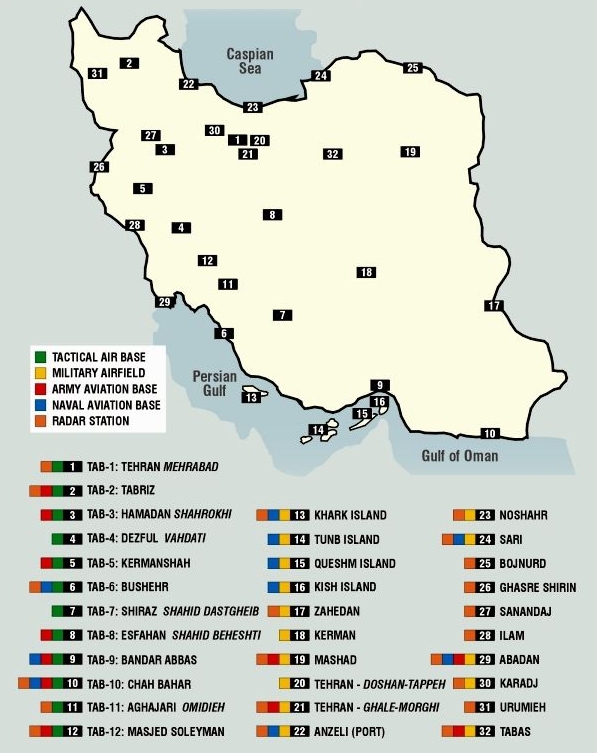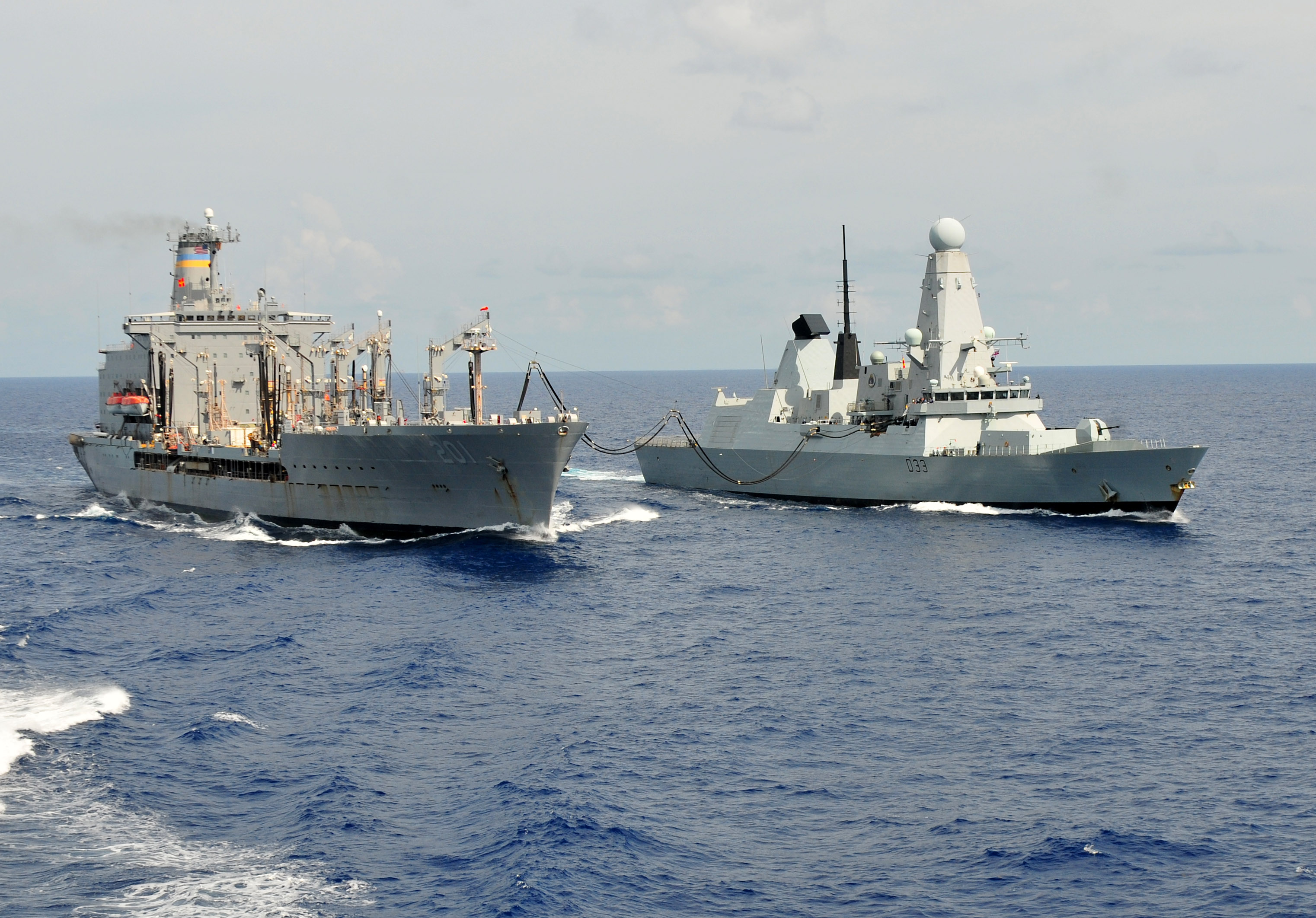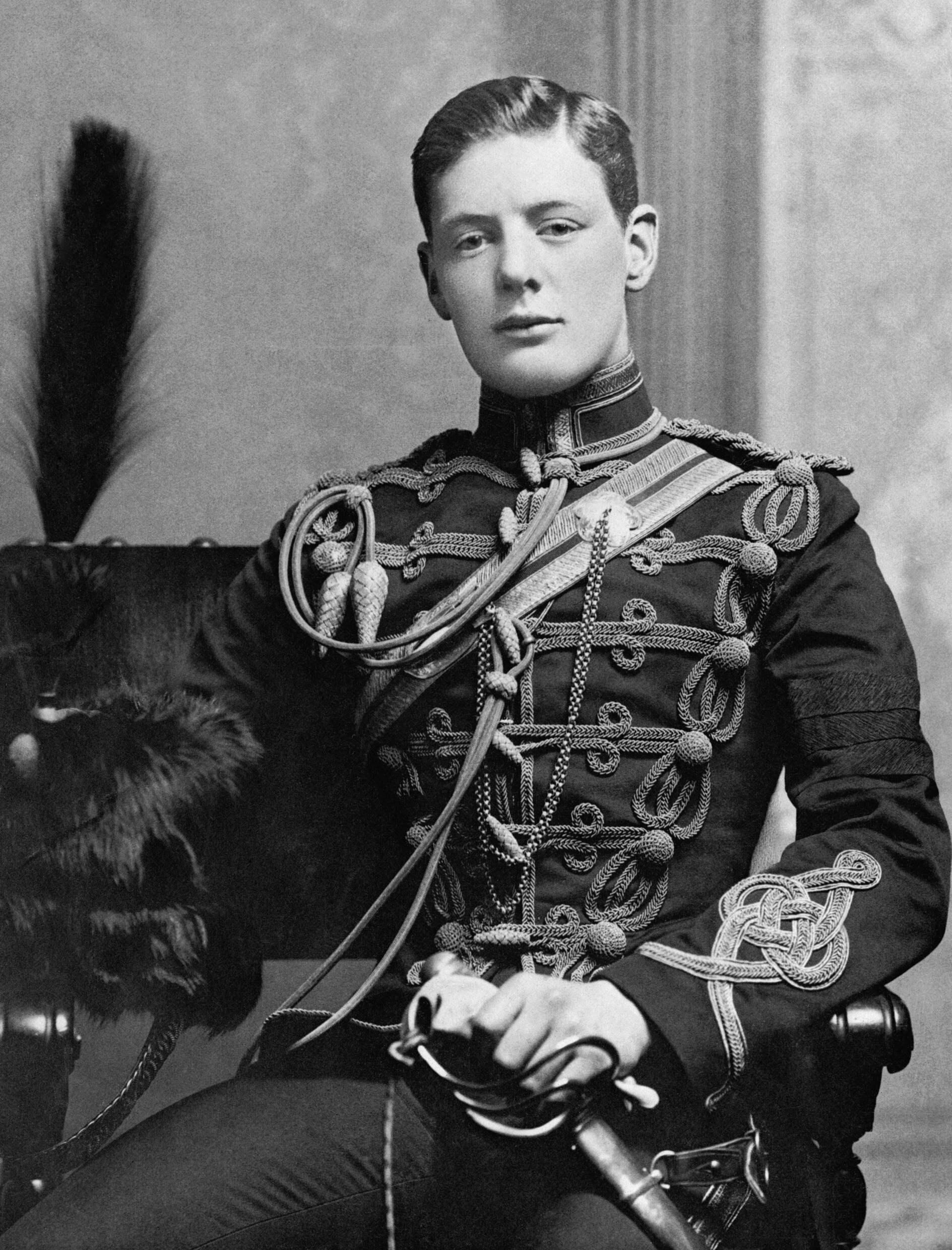|
Roving Commission
A roving commission details the duties of a commissioned officer or other official whose responsibilities are neither geographically nor functionally limited. Where an individual in an official position is given more freedom than would regularly be afforded to a person in the same role, they are described as having a ''roving commission''. Traditionally, a military officer receives a commission charging them with the duties and responsibilities of a specific office or position. A roving commission applies to military officers who are commissioned by their respective service without the requirement to serve at a specific military base or on a specific naval vessel. Because officers with a roving commission are considered to have more freedom than other officers of a similar rank, they are often commissioned as such so that they can be moved between roles and responsibilities as a stop-gap measure.''A roving commission: naval reminiscences'' by Crawford Pasco See also * Ambassador ... [...More Info...] [...Related Items...] OR: [Wikipedia] [Google] [Baidu] |
Officer (armed Forces)
An officer is a person who holds a position of authority as a member of an Military, armed force or Uniformed services, uniformed service. Broadly speaking, "officer" means a commissioned officer, a non-commissioned officer (NCO), or a warrant officer. However, absent contextual qualification, the term typically refers only to a force's ''commissioned officers'', the more senior members who derive their authority from a Commission (document), commission from the head of state. Numbers The proportion of officers varies greatly. Commissioned officers typically make up between an eighth and a fifth of modern armed forces personnel. In 2013, officers were the senior 17% of the British armed forces, and the senior 13.7% of the French armed forces. In 2012, officers made up about 18% of the German armed forces, and about 17.2% of the United States armed forces. Historically armed forces have generally had much lower proportions of officers. During the First World War, fewer than ... [...More Info...] [...Related Items...] OR: [Wikipedia] [Google] [Baidu] |
Commission (document)
A commission is a formal document issued to appoint a named person to high office or as a commissioned officer in a territory's armed forces. A commission constitutes documentary authority that the person named is vested with the powers of that office and is empowered to execute official acts. A commission often takes the form of letters patent. Commissions are typically issued in the name of or signed by the head of state. In Commonwealth realms, the documentation is referred to as a King's Commission or Queen's Commission (depending on the gender of the reigning monarch). However, in Commonwealth realms other than the United Kingdom, they may be signed by the governor-general, the representative of the monarch of that realm. Terminology Because the word "commission" can also refer generally to an individual's duty, the more specific terms commissioning parchment or commissioning scroll are often used to specify the commissioning document. However the document is not usually ... [...More Info...] [...Related Items...] OR: [Wikipedia] [Google] [Baidu] |
Military
A military, also known collectively as armed forces, is a heavily armed, highly organized force primarily intended for warfare. Militaries are typically authorized and maintained by a sovereign state, with their members identifiable by a distinct military uniform. They may consist of one or more military branches such as an army, navy, air force, space force, marines, or coast guard. The main task of a military is usually defined as defence of their state and its interests against external armed threats. In broad usage, the terms "armed forces" and "military" are often synonymous, although in technical usage a distinction is sometimes made in which a country's armed forces may include other paramilitary forces such as armed police. Beyond warfare, the military may be employed in additional sanctioned and non-sanctioned functions within the state, including internal security threats, crowd control, promotion of political agendas, emergency services and reconstruct ... [...More Info...] [...Related Items...] OR: [Wikipedia] [Google] [Baidu] |
Military Base
A military base is a facility directly owned and operated by or for the military or one of its branches that shelters military equipment and personnel, and facilitates training and operations. A military base always provides accommodations for one or more units, but it may also be used as a command center, training ground or proving ground. In most cases, military bases rely on outside help to operate. However, certain complex bases are able to endure on their own for long periods because they are able to provide food, drinking water, and other necessities for their inhabitants while under siege. Bases for military aviation are called air bases. Bases for military ships are called naval bases. Jurisdictional definition Military bases within the United States are considered federal property and are subject to federal law. Civilians (such as family members of military officers) living on military bases are generally subject to the civil and criminal laws of the stat ... [...More Info...] [...Related Items...] OR: [Wikipedia] [Google] [Baidu] |
Naval Vessel
A naval ship (or naval vessel) is a military ship (or sometimes boat, depending on classification) that is used by a navy. Naval ships are differentiated from civilian ships by construction and purpose. Generally, naval ships are Damage control (maritime), damage resilient and armed with weapon systems, though armament on troop transports is light or non-existent. Naval ships designed primarily for naval warfare are termed warships, as opposed to support (auxiliary ships) or shipyard operations. Naval ship classification Naval ship classification is a field that has changed over time, and is not an area of wide international agreement, so this article uses the United States Navy general classifications. *Aircraft carrierships that serve as mobile seaborne airfields, designed primarily for the purpose of conducting combat operations by Carrier-based aircraft which engage in attacks against airborne, surface, sub-surface and shore targets. *Surface combatantlarge, heavily arme ... [...More Info...] [...Related Items...] OR: [Wikipedia] [Google] [Baidu] |
Ambassador At Large
An ambassador-at-large is a diplomat, a secretary, or a minister of the highest rank who is accredited to represent a country and its people internationally. Unlike an ambassador-in-residence, who is usually limited to a country or embassy, the ambassador-at-large is entrusted to operate in several usually neighboring countries, a region or sometimes hold a seat in an international organization like the United Nations and the other international organizations. In some cases, an ambassador-at-large may even be specifically assigned a role to advise and assist the state or a government in particular issues. Historically, presidents or prime ministers have designated special diplomatic envoys for specific assignments, primarily overseas but sometimes also within the country as an ambassador-at-large. Honorific title According to international protocol, ambassadors and ambassadors-at-large are officially styled and addressed as His/Her Excellency, or Mister/Madam Ambassador. The tit ... [...More Info...] [...Related Items...] OR: [Wikipedia] [Google] [Baidu] |
Commissioned Officer
An officer is a person who holds a position of authority as a member of an armed force or uniformed service. Broadly speaking, "officer" means a commissioned officer, a non-commissioned officer (NCO), or a warrant officer. However, absent contextual qualification, the term typically refers only to a force's ''commissioned officers'', the more senior members who derive their authority from a commission from the head of state. Numbers The proportion of officers varies greatly. Commissioned officers typically make up between an eighth and a fifth of modern armed forces personnel. In 2013, officers were the senior 17% of the British armed forces, and the senior 13.7% of the French armed forces. In 2012, officers made up about 18% of the German armed forces, and about 17.2% of the United States armed forces. Historically armed forces have generally had much lower proportions of officers. During the First World War, fewer than 5% of British soldiers were officers (partly beca ... [...More Info...] [...Related Items...] OR: [Wikipedia] [Google] [Baidu] |
Non-commissioned Officer
A non-commissioned officer (NCO) is an enlisted rank, enlisted leader, petty officer, or in some cases warrant officer, who does not hold a Commission (document), commission. Non-commissioned officers usually earn their position of authority by promotion through the enlisted ranks. In contrast, Officer (armed forces), commissioned officers usually enter directly from a military academy, officer training corps (OTC) or Reserve Officers' Training Corps (ROTC), or officer candidate school (OCS) or officer training school (OTS), after receiving a post-secondary degree. The NCO corps usually includes many grades of enlisted, corporal and sergeant; in some countries, warrant officers also carry out the duties of NCOs. The naval equivalent includes some or all grades of petty officer. There are different classes of non-commissioned officers, including junior (lower ranked) non-commissioned officers (JNCO) and senior/staff (higher ranked) non-commissioned officers (SNCO). Functio ... [...More Info...] [...Related Items...] OR: [Wikipedia] [Google] [Baidu] |
A Roving Commission
''My Early Life'', also known in the US as ''A Roving Commission: My Early Life'', is a 1930 book by Winston Churchill. It is an autobiography from his birth in 1874 to around 1902. The book closes with mention of his marriage in 1908, stating that he lived happily ever after. Synopsis The book begins by describing his childhood and schooldays, and provides context for the earlier published accounts of events in his early life. He describes his large collection of toy soldiers, his usually unsuccessful experiences in school, and how his family decided his path in life was to join the army as an officer. He describes how he became proficient in writing and speaking English, as he has three terms of a course under an excellent teacher of English; had he been a more successful student by the standards of schools of his youth, he would have learned Latin and Greek instead. That part of his education proved fruitful when he began to write for newspapers and speak in public, gaining p ... [...More Info...] [...Related Items...] OR: [Wikipedia] [Google] [Baidu] |
Winston Churchill
Sir Winston Leonard Spencer Churchill (30 November 1874 – 24 January 1965) was a British statesman, military officer, and writer who was Prime Minister of the United Kingdom from 1940 to 1945 (Winston Churchill in the Second World War, during the Second World War) and again from 1951 to 1955. For some 62 of the years between 1900 and 1964, he was a Member of Parliament (United Kingdom), member of parliament (MP) and represented a total of five Constituencies of the Parliament of the United Kingdom, constituencies over that time. Ideologically an adherent to economic liberalism and imperialism, he was for most of his career a member of the Conservative Party (UK), Conservative Party, which he led from 1940 to 1955. He was a member of the Liberal Party (UK), Liberal Party from 1904 to 1924. Of mixed English and American parentage, Churchill was born in Oxfordshire into the wealthy, aristocratic Spencer family. He joined the British Army in 1895 and saw action in British R ... [...More Info...] [...Related Items...] OR: [Wikipedia] [Google] [Baidu] |








